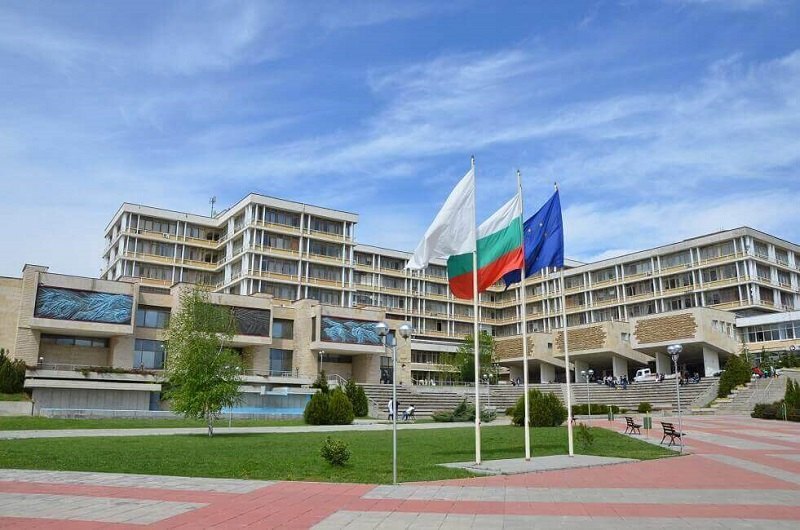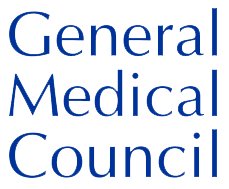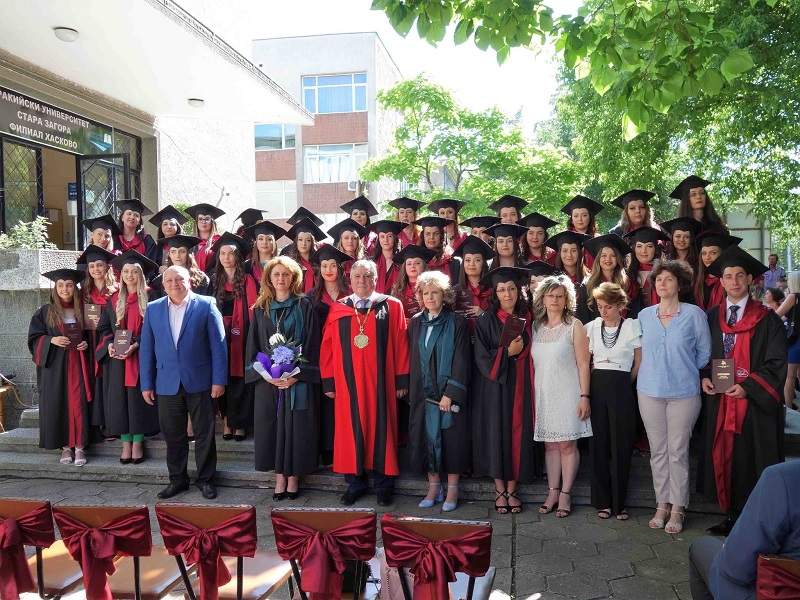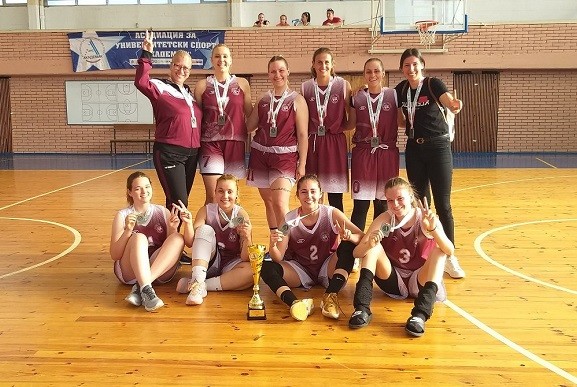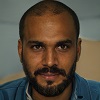Stara Zagora is a large city in Bulgaria, and despite its tiny population of 150,000, it has a thriving economy because of the enterprises in its suburbs. It is located in southern Bulgaria and serves as the administrative seat of the province of Stara Zagora. It has a pleasant climate due to the presence of low mountains and hills that protect it from northern winds.
British students in Stara Zagora prefer private accommodation to student dormitories due to the affordability. For example, a one-bedroom apartment can be rented for less than £200 monthly.
For utilities, food, and leisure, British students usually spend another £200 per month. In total, a monthly budget of £400 will be enough to live and study in Stara Zagora. Bulgaria.
Bulgaria is unquestionably one of Europe's safest countries. It is critical to highlight that crime rates in Bulgaria have decreased significantly during the last three decades.
Each university campus has its own security staff on call to assist any student in need. Additionally, universities ensure that all students have access to important security information. Police officers work closely with university security professionals, and CCTV cameras are installed in the majority of areas to assist patrol teams on their regular rounds.

